Are you a Matcha seller? Join as a Vendor
Organic & Agricultural Standards are certification criteria requiring 3-year chemical-free farming periods and 95% organic content for matcha quality assurance.
There are no results matching your search
There are no results matching your search Reset filters?
Organic matcha certification requires strict adherence to agricultural practices that prohibit synthetic pesticides, herbicides, and fertilizers throughout the entire production chain. Third-party auditing bodies like USDA Organic, JAS Organic, and EU Organic verify compliance through rigorous documentation and testing protocols. These standards protect soil health, ensure product purity, and maintain the traditional shade-growing methods that define premium matcha quality.
USDA Organic demands 95% organic content and prohibits synthetic inputs while requiring detailed record-keeping and annual audits. JAS Organic, Japan’s agricultural standard, covers cultivation through processing and labeling requirements. EU Organic often sets stricter controls on pesticide residues and environmental sustainability measures.
Each certification body requires farms to undergo transition periods of three years before achieving organic status. During this time, producers must document all farming practices, input sources, and processing methods. Traceability documentation tracks every step from soil preparation through final packaging.
Organic matcha farms must use only certified organic fertilizers like fish manure and oil cake while implementing natural pest control methods. Soil management relies on organic compost, cover crops, and crop rotation systems. The traditional shade cultivation process, requiring 3-4 weeks of covering before harvest, must comply with organic standards without synthetic materials.
Independent laboratories test certified organic matcha for pesticide residues, heavy metals including lead and cadmium, and other contaminants. Quality parameters include color consistency, particle size uniformity, and nutritional content verification of amino acids and catechins. Processing facilities must maintain certifications like HACCP and ISO22000 alongside their organic status.
Batch testing occurs throughout production, with certificate of analysis documents accompanying each shipment. Testing protocols verify both safety standards and the flavor compounds that distinguish premium matcha grades.
Certification timelines range from six months to over a year, depending on farm readiness and auditor availability. Costs vary from hundreds to thousands of dollars annually, with larger operations facing higher fees. Supply chain complexity creates the biggest challenge, as every ingredient and processing step must meet organic requirements.
Successful producers implement continuous soil health monitoring, maintain strict segregation between organic and conventional products, and invest in ongoing staff education. The growing international demand for organic matcha has created supply shortages, making certification both more valuable and more challenging to maintain.
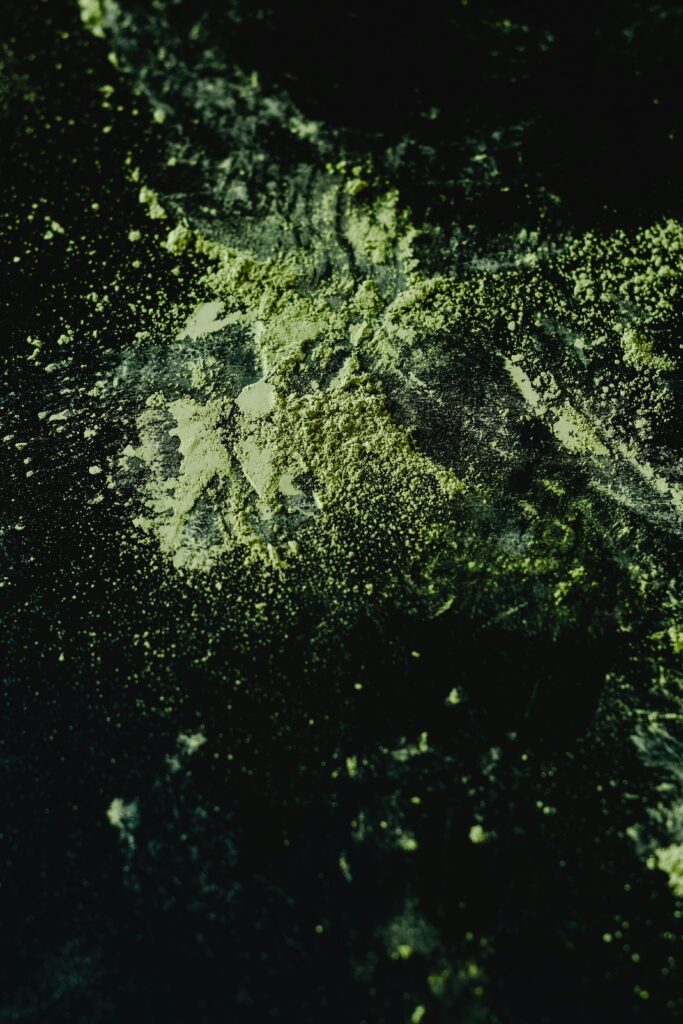
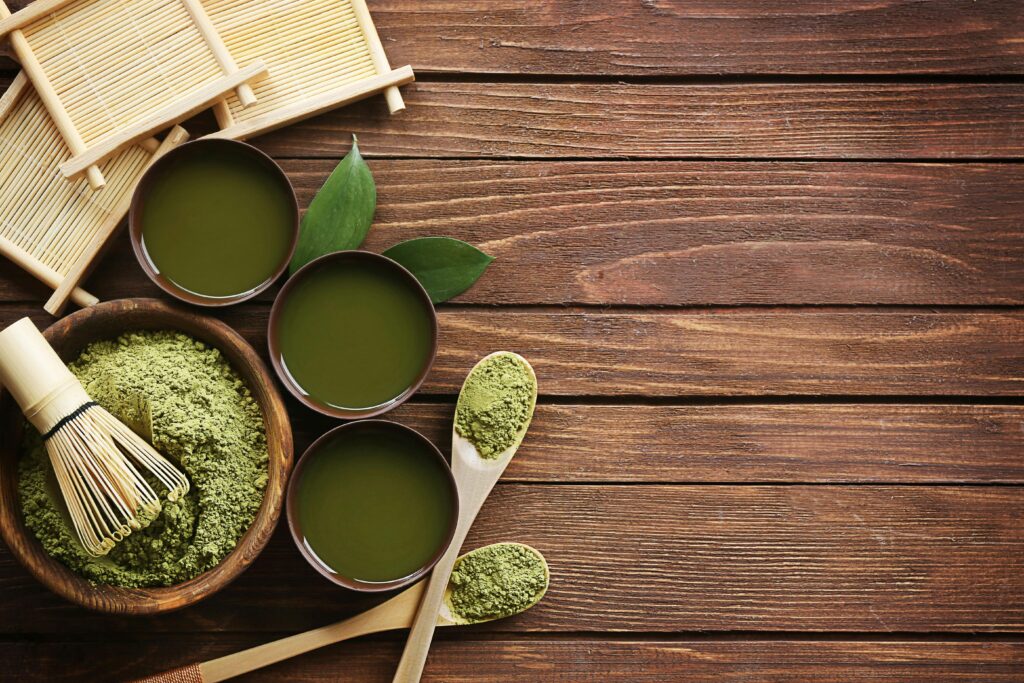
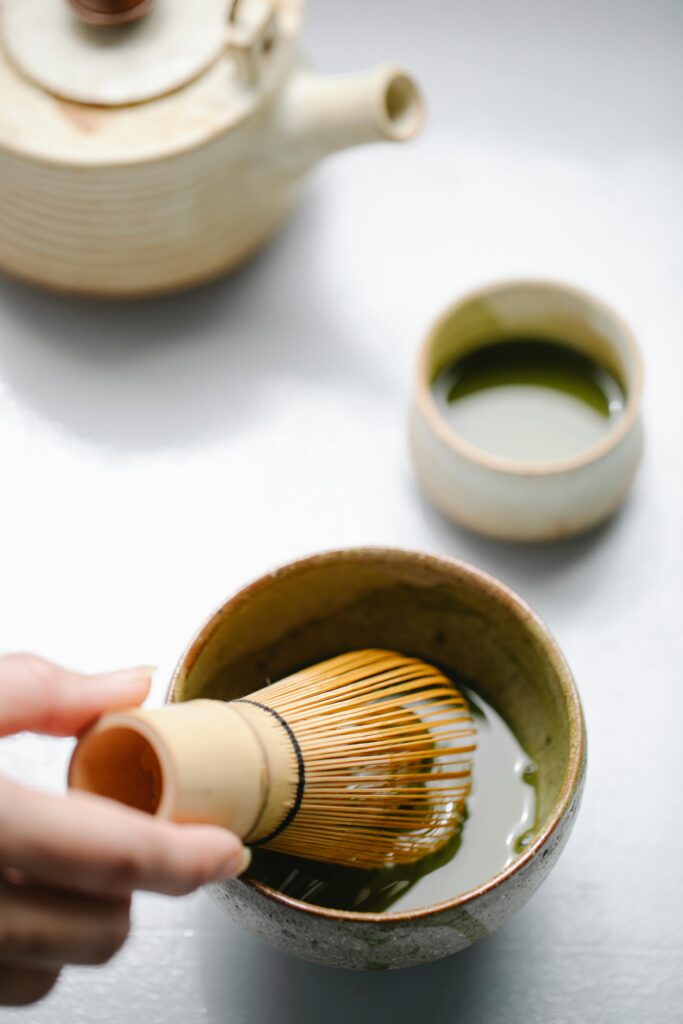
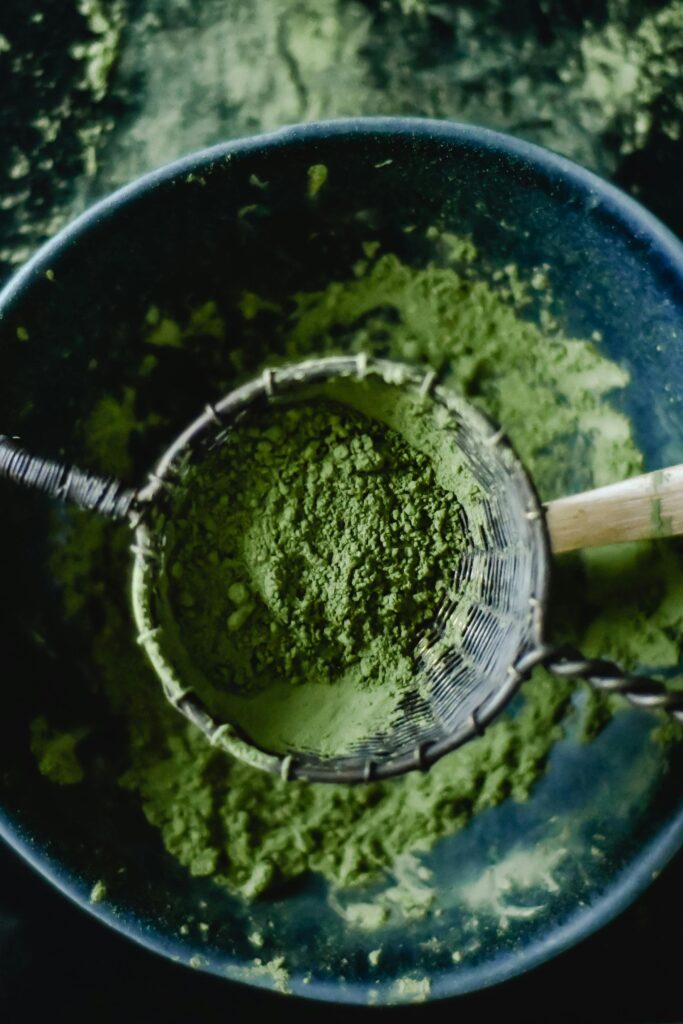
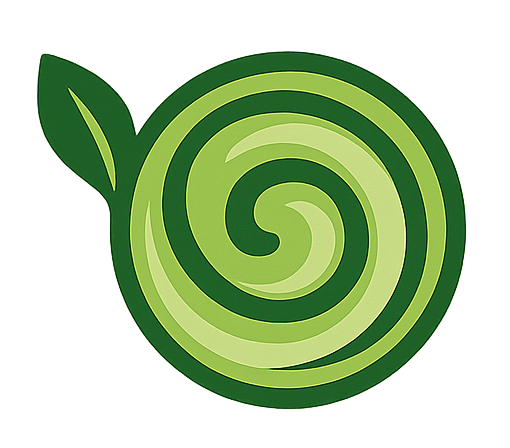
Join our mailing list to receive updates and exclusive tips.
There are no results matching your search